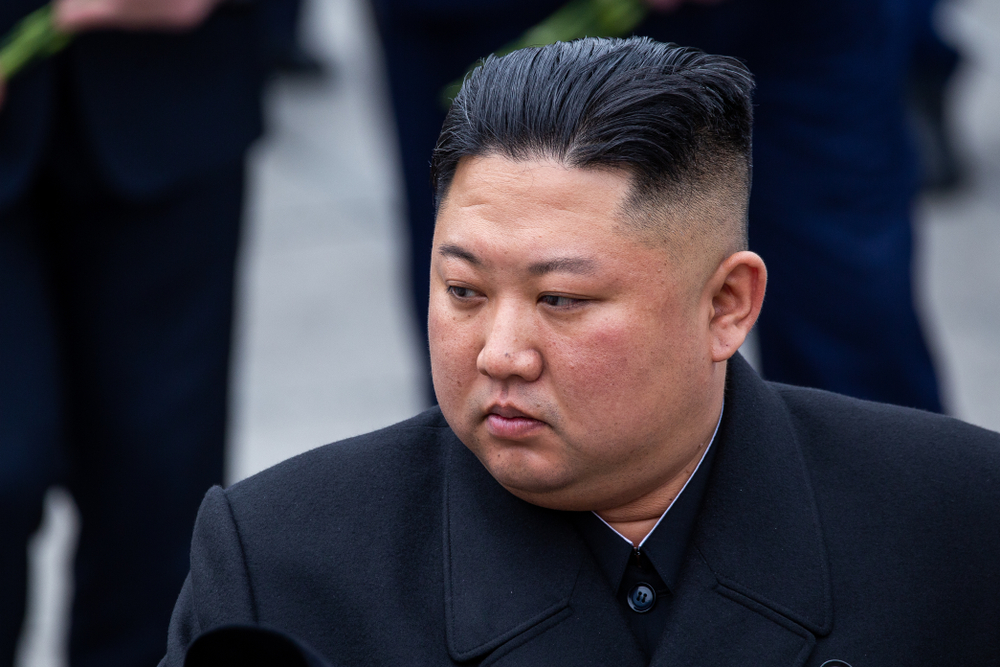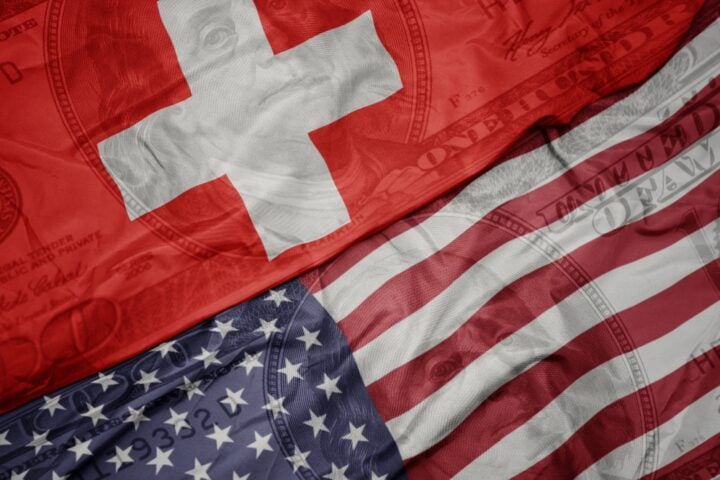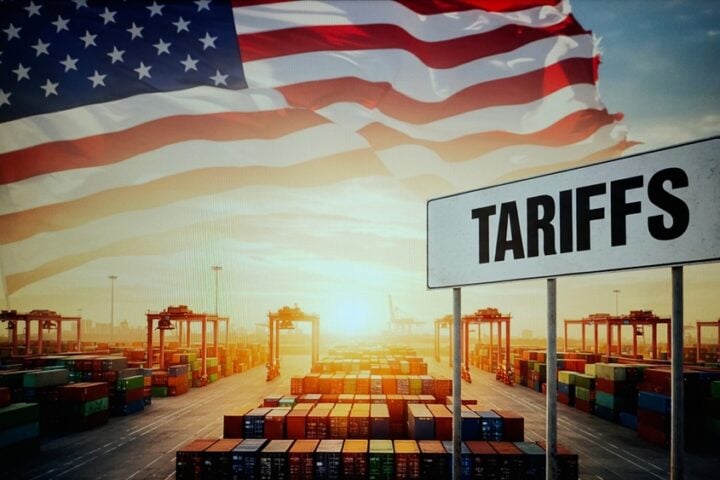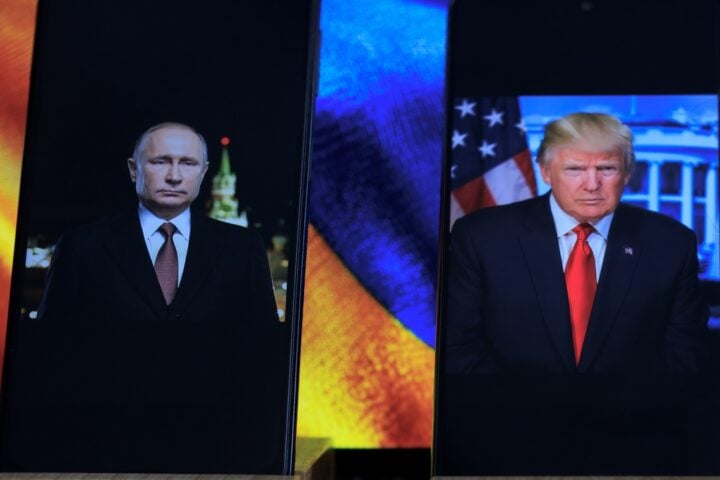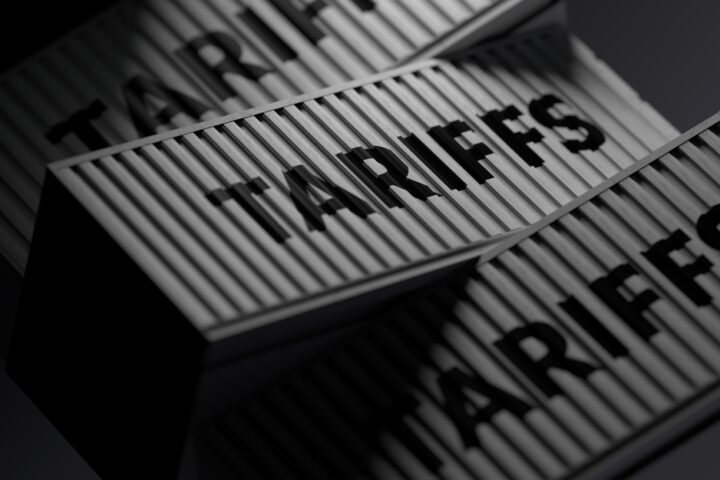In a significant escalation of tensions on the Korean Peninsula, North Korea has officially declared South Korea a “hostile state,” according to reports from state-run media. The announcement marks a definitive end to any hopes of peaceful unification, with North Korea taking practical steps to sever all ties with its southern neighbor. The designation follows a series of provocative actions by both countries, which have heightened tensions over the past year.
North Korea Designates South Korea as a Hostile State
The Korean Central News Agency (KCNA), North Korea’s state-run media outlet, reported on Tuesday that the country had demolished roads and railways connecting it to South Korea. Described as an “inevitable and legitimate measure,” the move comes after North Korean leader Kim Jong Un pushed for a constitutional change in January to officially designate South Korea as an enemy.
The change in North Korea’s constitution was likely discussed and finalized during the Supreme People’s Assembly meeting last week. According to KCNA, the constitution now “clearly defines [South Korea] as a hostile state” due to “serious security circumstances running to the unpredictable brink of war” as a result of what Pyongyang describes as South Korea’s political and military provocations.
Practical Steps Toward Fortifying the Border
In addition to the demolition of cross-border roads and railways, North Korea is reportedly taking further measures to fortify the southern border permanently. A spokesperson for North Korea’s Ministry of National Defense emphasized that the country would continue to strengthen its border defenses, signaling a permanent shift away from any future efforts at reconciliation with Seoul.
Kim Jong Un’s push for constitutional change and the dismantling of infrastructure symbolize a stark departure from the past, when reunification, though fragile, remained a part of inter-Korean discourse. In January, Kim tore down a monument that had long stood as a symbol of the hope for unification, further signaling his regime’s focus on a more aggressive stance toward the South.
Escalating Tensions and Border Militarization
The relationship between North and South Korea has deteriorated significantly in recent years, but tensions have spiked dramatically over the past year. In 2022, both nations effectively abandoned a 2018 agreement that had reduced military assets along their shared border, resulting in renewed military provocations.
North Korea has since ramped up missile tests, spy satellite launches, and even flown trash-filled balloons over the border. Pyongyang has accused Seoul of flying drones over its capital and distributing leaflets to North Korean citizens. In response, joint U.S.-South Korean military exercises have further inflamed the situation, provoking Pyongyang’s ire.
The destruction of cross-border infrastructure and ongoing fortification efforts signal a move beyond rhetoric, with North Korea actively preparing for a future where military conflict with South Korea is a real and present threat.
North Korea’s formal designation of South Korea as a hostile state and its physical destruction of roads and railways connected to the South underscore the growing divide on the Korean Peninsula. As both nations continue to engage in provocative actions, the possibility of peaceful reconciliation seems increasingly distant. With North Korea fortifying its border and tensions remaining high, the region faces an uncertain and potentially dangerous future as military posturing intensifies on both sides.


